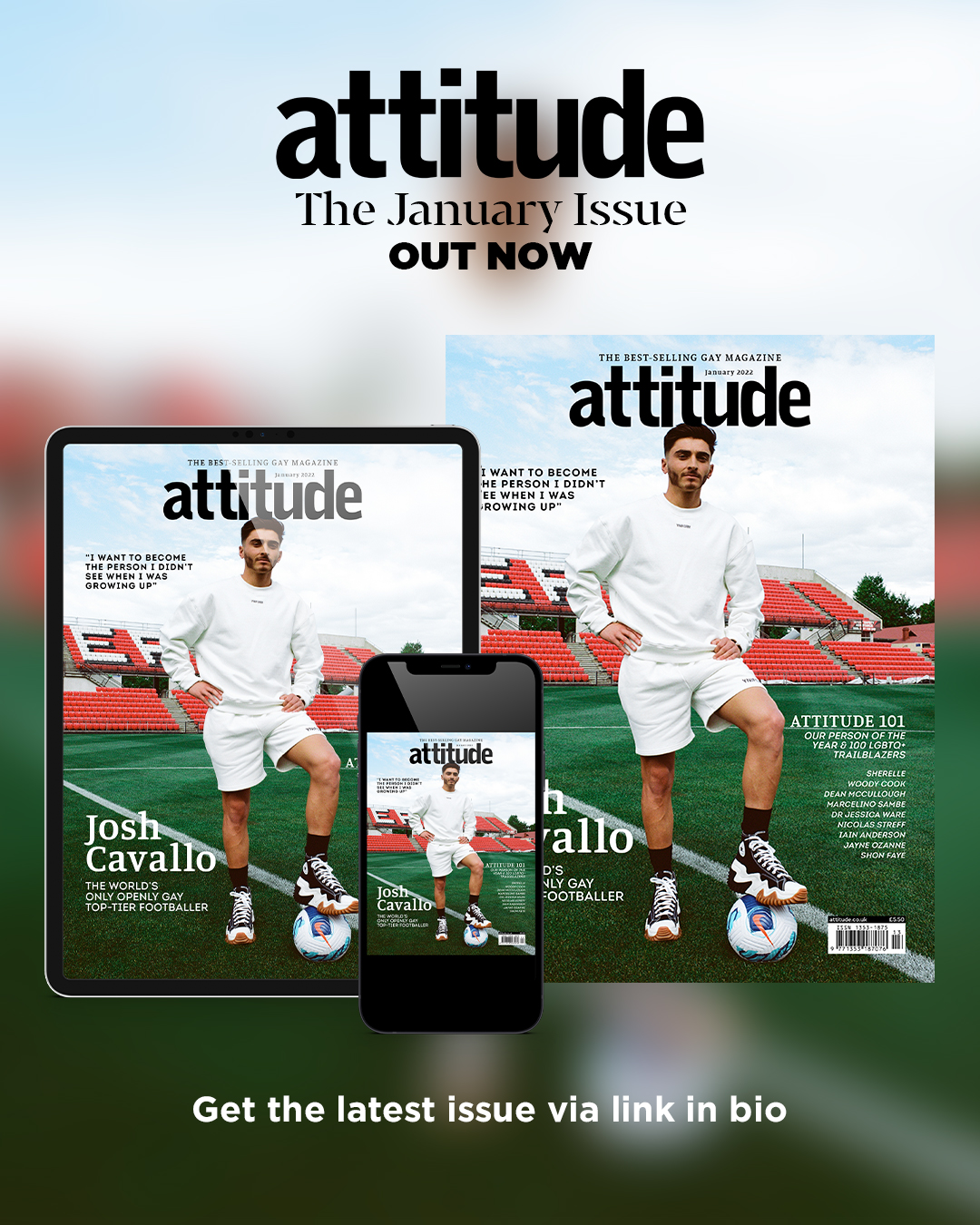The 10 best LGBTQ films of 2021
From Boy Meets Boy to Supernova to The Power of the Dog

Words: Jamie Tabberer; picture: Peccadillo

10 Everybody’s Talking About Jamie
“Drag’s not just a TV show, it’s a revolution,” declares Jamie in the film adaptation of hit West End show Everybody’s Talking About Jamie. It’s a razor-sharp and absolutely accurate line of dialogue that sums up why this film needs to exist.
The plot – heartwarming and authentic though it is – is thin, and falters when aiming for gritty, Billy Elliot-style realism. But at its popcorny, crowd-pleasery best, ETAJ dazzles. And with its many queer themes, it’s full of meaning and depth regardless. (Good for educating the grandparents, this one).
To read our full review, click here.
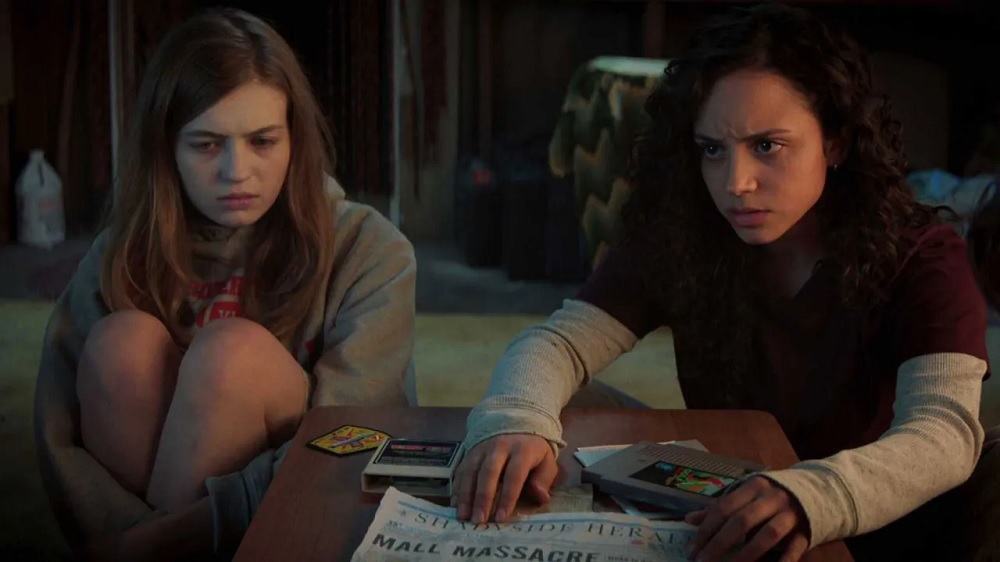
9 Fear Street: Part One – 1994
Christmas (or Halloween) came early for horror fans this summer when Netflix followed this critically-acclaimed slasher – usually a contradiction in terms – with two equally high quality sequels across one blood-soaked fortnight.
It wasn’t just the release strategy pushing the envelope. Sadie Sink and Kiana Madeira play the immensely likeable teen lesbian lovebirds the whole saga hinges on. How many mainstream film franchises can you name that are this gloriously, fundamentally queer?

8 Lola and the Sea
Some reviewers have complained of cliched imagery and plotting in Belgian-French teen drama Lola and the Sea; such as our heroine hanging her head out a car, hair blowing in the wind, as she reaches an emotional breakthrough.
This criticism is unbalanced: films of this ilk almost always focus on cis-het protagonists – something even 2018’s Love, Simon has done little to change – while the quietly pioneering Lola puts a steely trans character centre stage, and has captivating Belgian actress Mya Bollaers, who is trans, play her. Why should it be deprived of the light sentimentally its mainstream counterparts have profited off for years?
Besides, the twee moments offset an emotionally brutal story, sparked by Lola’s absolutely justified and coolly unapologetic reaction to her father excluding her from her mother’s funeral. Bollaers potently seethes, and later, with the actorly precision (and beauty) of Jodie Comer, ensures Lola’s ability to engage with and perhaps forgive her toxic deadbeat dad comes off as an act of self-empowerment, not self-effacement. It’s inspiring stuff.
The film also features an oddly fleeting but still impactful supporting turn from Sex Education‘s Sami Outalbali as Samir, a friend to Lola whose support is so strong, it’s palpable. He and Lola are a dream team, and could easily head up the cast of the European Euphoria.
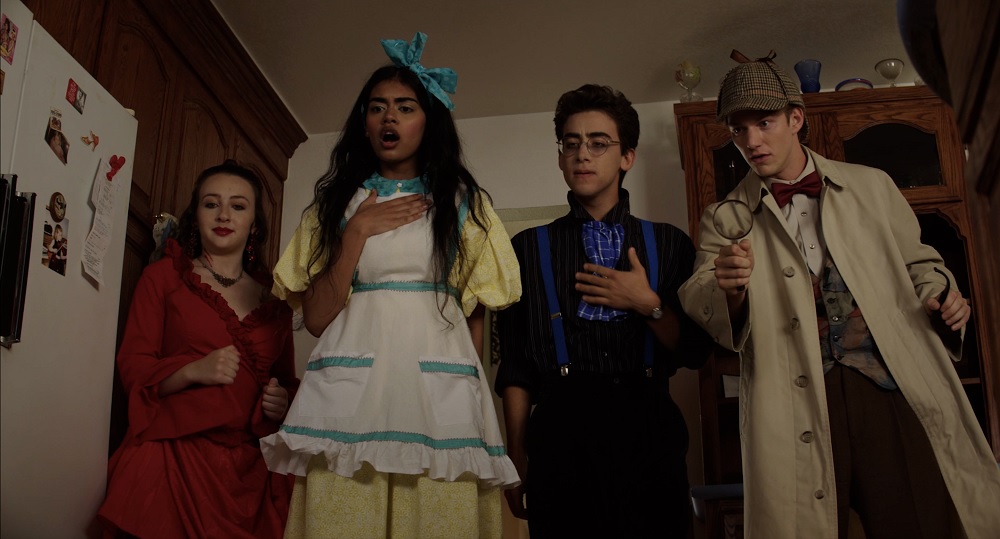
7 Dramarama
A gaggle of god-loving, drama-club-going teens enjoy their last alcohol-free sleepover before college – but all is not as wholesome as it seems. Nick Pugliese carries the film smoothly as the closeted Gene, rubbing up against the straight expectations, almost literally in one case, of well-intentioned friends Ally, Rose, Claire and Nico. (Played by Danielle Kay, Anna Grace Barlow, Megan Suri and Nico Greetham, respectively.)
Fun and colourful with superb writing and an equally split limelight, the actors have a ball. A fast-moving script is jam-packed with jokes, from the arch to the literary to the outright silly – even if the giggling, screaming and ultra-choreographed comedy grates by the end.
To read our full review, click here.
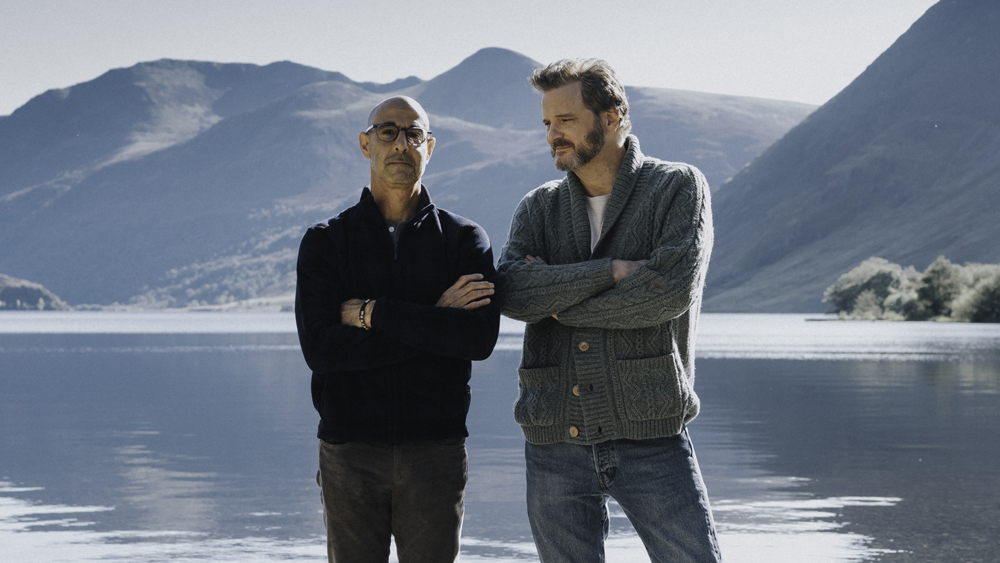
6 Supernova
Quiet performances wrestle with galactic themes in this stirring drama starring a full-hearted Colin Firth and Stanley Tucci as, for our money, the perfect couple. Older gay men in film are often depicted as acidic and/or damaged; not so this comfortable, loved-up couple, who make approaching 60 look something like paradise – albeit a fleeting one.
The film follows the guys as they drink in the storybook beauty of the Scottish Highlands – as the dark cloud of dementia hangs over their future. Desperately sad but also wondrous.
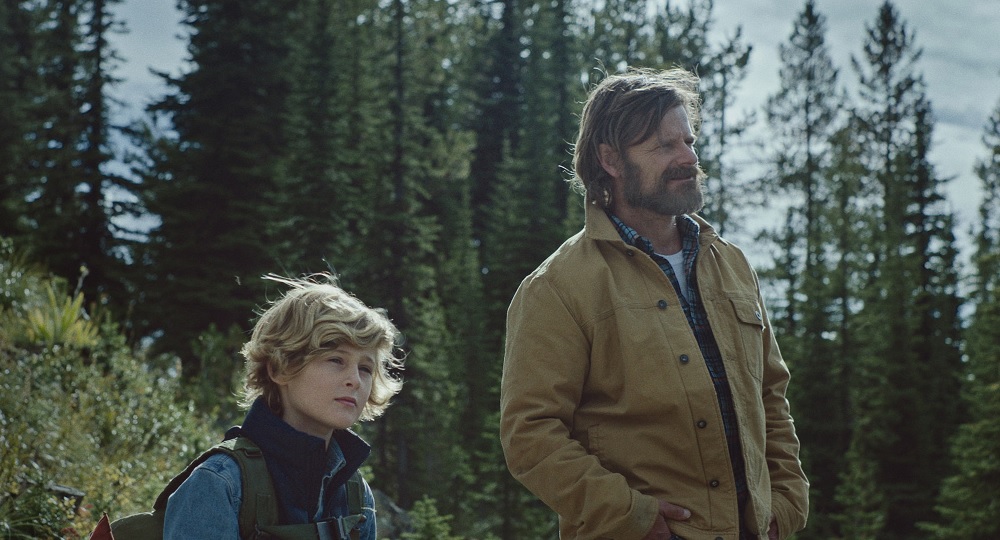
5 Cowboys
Cowboys opens with a father and son, cliffside and on horseback, humbled by a Montana vista. It’s so majestic, we guarantee you’ll be pressing pause.
Appreciating what’s natural is a major theme in Cowboys. The plot follows frazzled, separated couple Sally and Troy (a well-matched Jillian Bell and Steve Zahn) and the wildly different roads they take in coming to terms with their child Joe’s trans identity.
Sasha Knight – an inexplicably talented 10-year-old trans actor – plays Joe. His is a quiet performance, but there’s range on display: from pre-tween temper tantrums to a sage-like steer on gender conversations.
Cowboys might’ve benefitted from more than an 82-minute running time and a bolder key to impart its vitally important message. But mark our words: Knight is a major star of tomorrow, and thus the film is destined to grow in recognition.
To read out full review, click here.
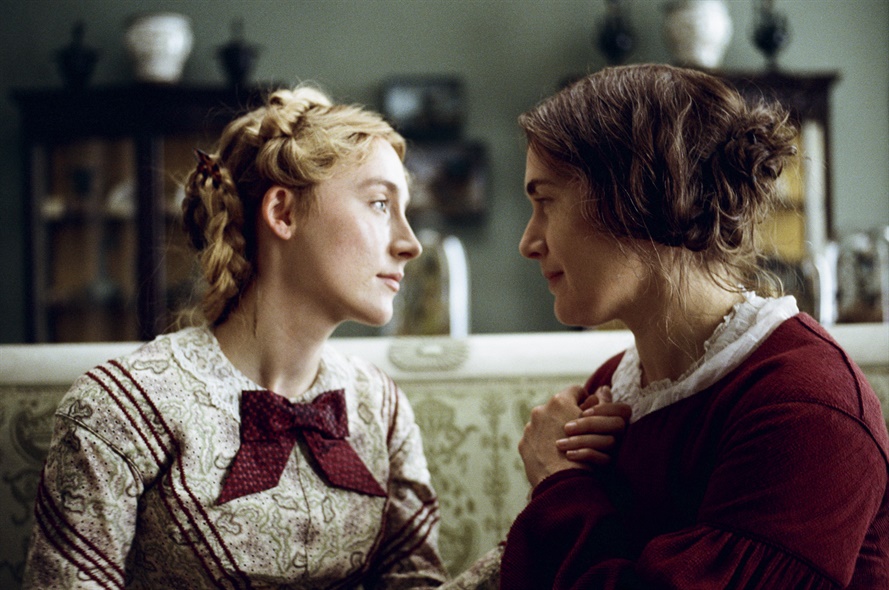
4 Ammonite
Francis Lee has form for getting to the raw truth of a situation, with scenes of furiously rutting farmers in his 2017 film God’s Own Country matched in their shocking, elemental power by scenes of… lambing.
Such is the intensity in his depiction of Lyme Regis in his 1840s-set follow-up Ammonite, about real-life palaeontologist Mary Anning, whose weathered energy mirrors that of dramatic Jurassic Coast. An English seaside town has never looked so simultaneously beautiful and unenticing.
For all that punishing cinematography, though, Ammonite is a surprisingly slight film; a period drama-romance that doesn’t pack half the punch of its predecessor. It does, however, offer off-the-scale star wattage in Kate Winslet as Mary and Saoirse Ronan (as the object of Mary’s probably fictional affection, Charlotte.
The pair give predictably fantastic performances, with Kate channelling the same no-nonsense stoicism as in her 2021 hit TV show Mare of Easttown; an utter departure from the first time she played gay in 1994’s Heavenly Creatures.
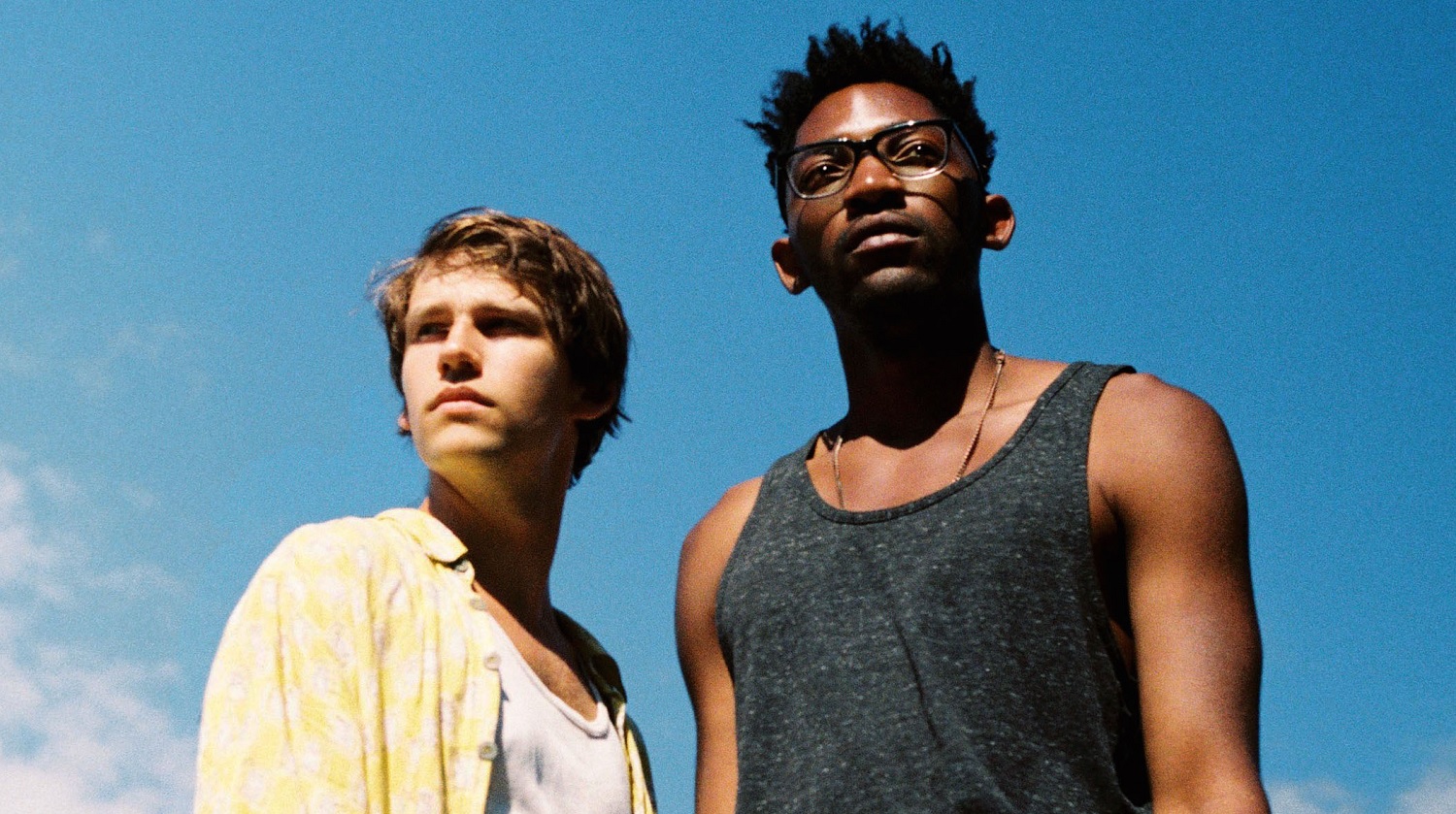
3 Boy Meets Boy
“I can’t f**k the same guy more than once,” an intimacy-starved Harry (Matthew James Morrison) tells old romantic Johannes (Alexandros Koutsoulis), who he met on the dancefloor the night before, in Daniel Sanchez Lopez-directed drama Boy Meets Boy.
If you can’t relate, you’ll probably know someone who can. It’s an almost tedious reality at this point, which Lopez brilliantly – and depressingly – sends up in scenes bookending the film, in which dialogue is replaced by the sound of Grindr notifications. (Never use it at the dinner table, people!)
The film is a little too true to life perhaps. It’s so simple and restrained, it makes spiritual cousin Weekend look as showy and sweepingly romantic as Call Me By Your Name. Its slow pace will doubtless test the patience and attention spans of some viewers; ironic, given a slight 75-minutes running time, that leaves it feeling somewhat incomplete. Were other, more conclusive epiphanies left on the cutting room floor?
Still, if you can acclimatise to the lack of cinematic scheming, Boy Meets Boy is hypnotic in its realism, and in its utterly familiar characters that every gay man in his 20s and 30s knows. It also makes a compelling argument about being open to meaningful human connection in all forms.
To read our full review of Boy Meets Boy, click here.
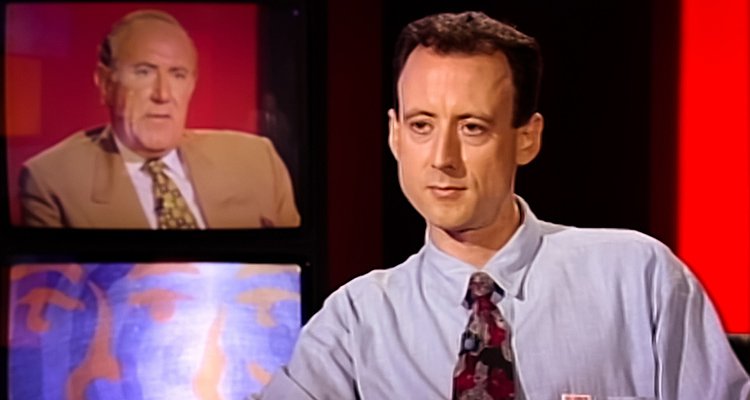
2 Hating Peter Tatchell
Thrilling footage of protests of yore aside, a modern-day conversation between Sir Ian McKellen and Peter Tatchell provides the meat of this career retrospective of the famous human rights campaigner.
McKellen, inquisitive blue eyes blazing, is a fastidious and playful interviewer, helping to provide a comprehensive, high-speed overview of Tatchell’s career, something he evidently knows inside out. Unsurprising, given his similarly iconic status in the UK LGBTQ rights movement – but to put Tatchell’s contribution into perspective, he was instrumental in arranging London’s first Pride celebration in 1972, while McKellen didn’t come out publicly until 1988.
That the film doesn’t capture, or that Tatchell doesn’t more willingly hand over more of his personality and humour – now increasingly apparent on his adorable Instagram account – is a shame, as spotlighting it would only power his work further.
Conversely, it feels only correct to staidly honour such a comfortingly old school brand of ‘activism’: a term tossed around too casually in our narcissistic age. As such, it’s perhaps a mark of respect that exec producers Elton John and David Furnish are ostensibly absent from the project.
To read our full review, click here.
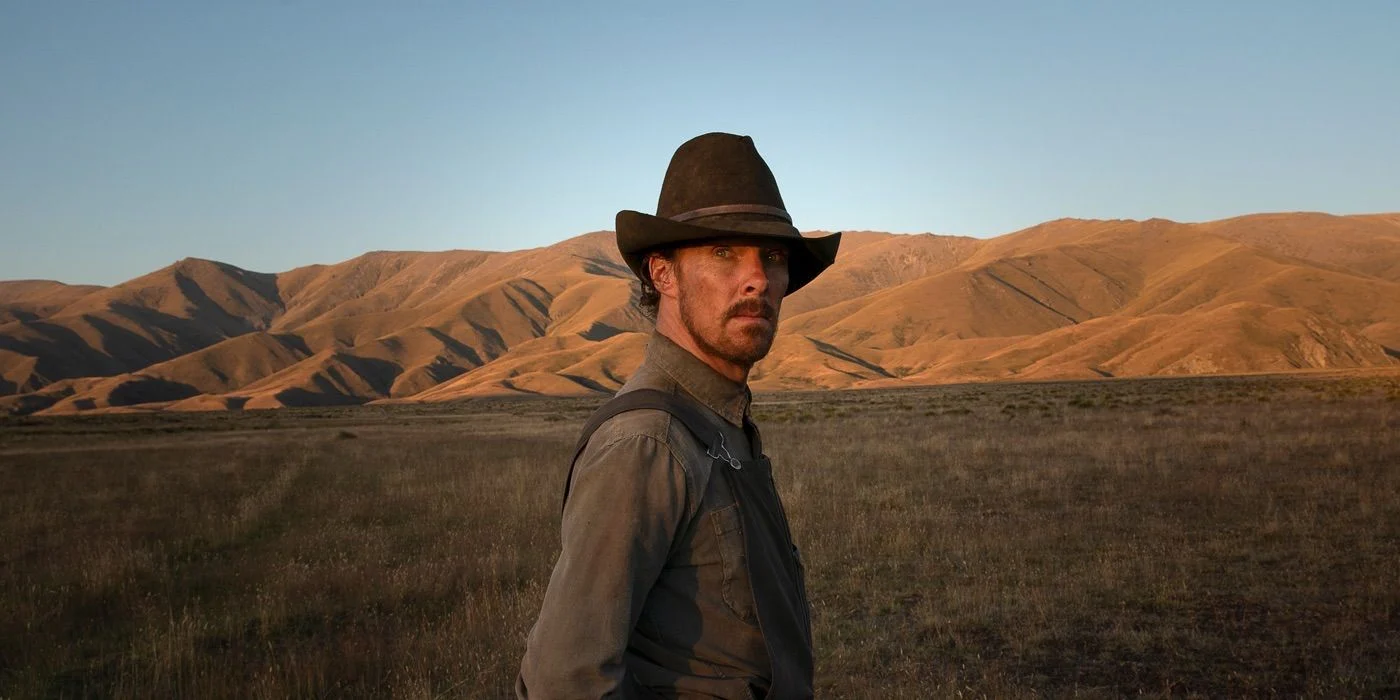
1 The Power of the Dog
In the visually breathtaking but tonally malignant drama The Power of the Dog, nobody saw Benedict Cumberbatch’s rage-filled, deeply closeted cowboy coming. Not before September, anyway, when Cumberbatch – married to Sophie Hunter since 2015 – weighed in on the straight actors-gay roles debate with a bang, telling reporters at a film festival: “Do we have to explain all our private moments in our sexual history? I don’t think so.”
The Sherlock star had played gay before, of course, if to typically plummy, buttoned-up type as WW2 codebreaker Alan Turing in 2014’s The Imitation Game. In TPOTD, however, he’s unrecognisable… and putrid in his intensity. He overwhelms his character with a brand of performative hypermasculinity that many an LGBTQ man has tried on for size.
Fatigued by chatter around queer cultural representation? You’ve seen nothing yet. If Cumberbatch wins an Oscar for the role, as he’s hotly-tipped to do, it’ll take the row to new levels.
But wherever you fall on the ethics, it’s impossible to deny the actor’s unforgettable presence, the exquisite work of his co-star Kirsten Dunst and the sublime cinematography of director Jane Campion, of The Piano fame.
Check out the Attitude 101 issue, which is out now to download and to order globally. The Attitude 101 issue includes the FREE Attitude 2022 calendar, presented in association with Taimi.
Subscribe in print and get your first three issues for just £1 each, or digitally for just over £1.50 per issue.
